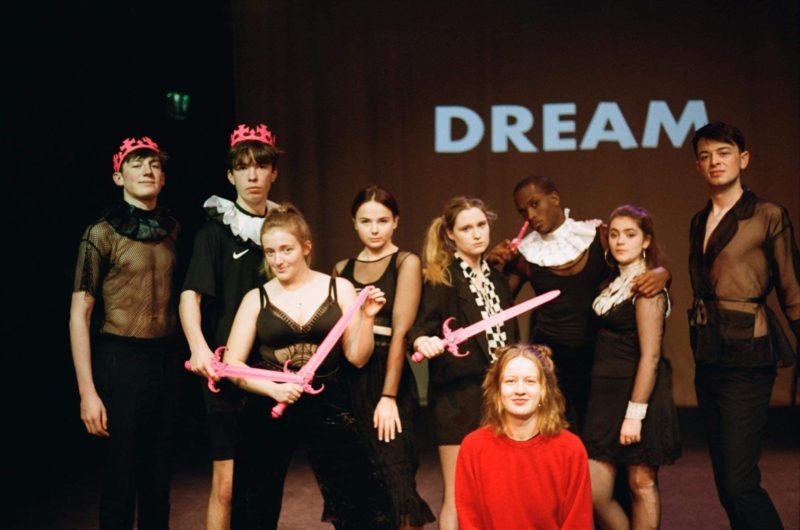
At first glance, Life is a Dream, a 17th-century Spanish Baroque play written by Pedro Calderon de la Barca, may not be particularly enticing. Given the genre and era, it is only fitting to expect a fair amount of monotonous dialogue, incomprehensible motives and outdated humour.
However, I was incredibly impressed by the play’s modern re-interpretation, crafted by director Doris de Vries, which is running in Players Theatre this week.
The play’s long-winded soliloquies of inaccessible language were cleverly – and brilliantly – adapted for the modern audience by adding asides from the actors, while maintaining the soul of the period through the 17th-century language. Through the interweaving of accents and tone of 21st-century vernacular, the actors delivered the dialogue naturally, while maintaining its comedic and evocative essence. Often, their sharp delivery made the most mundane scenes hilarious.
The plot itself tells of Prince Segismundo of Poland, portrayed superbly by Daniel Hickey, who is imprisoned in a tower by his father King Basilio because of an ill-fated prophecy, which told that he would bring great misfortune upon the country. The king chooses to free the prince for one day to test the prophecy, but upon veering towards extreme tyranny and rage, the prince gets locked up once again. Segismundo is then convinced that his mad rampage was merely a dream. Themes of love and betrayal are intertwined into the story, with its central theme being free will – or rather the lack of it. Although the story itself isn’t compelling, in my view, the director took liberties in immaculately satirising its olden traditions through a modern mindset.
The minimalist set, consisting of a white backdrop and a line of chairs against the back wall of the large playing space, worked perfectly as it didn’t overwhelm the plot or dialogue. Similarly, the costumes were very minimal, as actors dressed in all black with pink props to contrast against the stark visuals.
The most unexpected twist of the adaptation was a sudden dance sequence, which rendered me slightly uneasy. The abstract movement evoked a sense of apprehensive confusion, in the best possible way. The strobe lights created the illusion of a dreamlike trance fuelled by the protagonist’s inner torment, as he burst into absurd laughter before breaking down – a beautiful transition reflecting his anguished mental state. As an audience member it was truly an odd, psychedelic experience, but one that left me positively overwhelmed.
I must commend all the actors, as it is rare to find such a versatile cast with such fantastic chemistry. I also loved the director’s choice to cast the characters based on how well the person suited the role, regardless of gender – which led to many actors playing various genders on stage as a result. As the actors themselves said: “Gender is just a performance.”
This play, then, was nothing short of excellent. It was poignant, witty and powerful. It depicted tragedy in a hilarious way, and somehow managed to relate its aging dialogue to 21st-century youths. The play will run until November 23rd with 7pm showings every day, and tickets are €6.60.






